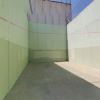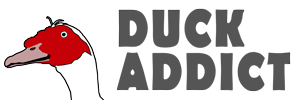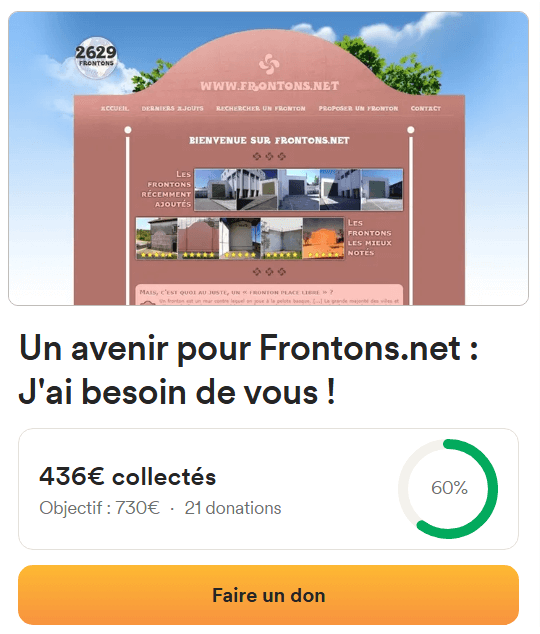Ronda de Calatrava, 3T, 13005 Ciudad Real, Cdad. Real, Espagne #4182
Trinquet
› Location of the fronton
Address (approximate):
- Ronda de Calatrava, 3T, 13005 Ciudad Real, Cdad. Real, Espagne
Coordinates GPS (latitude, longitude):
- decimal notation: 38.989661, -3.917046
- sexagesimal notation: 38° 59' 22.7796", -3° 55' 1.3656"
Nearby frontons (less than 5 kilometers)
- 13005 Ciudad Real, Cdad. Real Espagne - #4126 (Trinquet • 6 meters)
- 13005 Ciudad Real, Cdad. Real Espagne - #4117 (Left walled fronton • 11 meters)
- 13005 Ciudad Real, Cdad. Real Espagne - #4116 (Trinquet • 13 meters)
- 13005 Ciudad Real, Cdad. Real Espagne - #4118 (Left walled fronton • 33 meters)
📚 The Basque pelota (Euskal pilota) includes several ball games derivated from the Jeu de Paume. In most specialties, the game consists of sending, volley or after a rebound, the ball against a main wall, named fronton, so that it falls on the playground named cancha. The point continues until a team commits a foul (falta) or fails to raise the ball before the second rebound.
🤓 The trinquet is a building containing a quadrangular game area closed and covered. It has a front wall, like the fronton, called frontis on which is struck the ball, a wall on the right, left and back. In addition, it is equipped with a cutaway over the entire height of the right side of the frontis, a xilo ("hole" in Basque) with beveled corners at the bottom right of the front and a low wall surmounted by a wooden roof called drum stuck to the wall of left and the wall of the back. Their shapes differ significantly depending on the place and date of construction. For the comfort of the spectators, stands are sometimes arranged or, more recently, a glass wall is installed on the right.
🌎 A large number of Basques (commonly referred to as "Basque diaspora") have left the Basque Country to emigrate mainly to South America and the United States.
It is sometimes called the "eighth province" of the Basque Country, which counts seven (Labourd, Soule, Lower Navarre, Navarre, Biscay, Álava and Gipuzkoa).
The diaspora actively promotes its identity through its traditional activities, such as dance, gastronomy, Basque games and, of course, Basque pelota.
👉 See all trinquets
Added on May 02 2021


 @FRONTONS_NET
@FRONTONS_NET  Run Square
Run Square 
